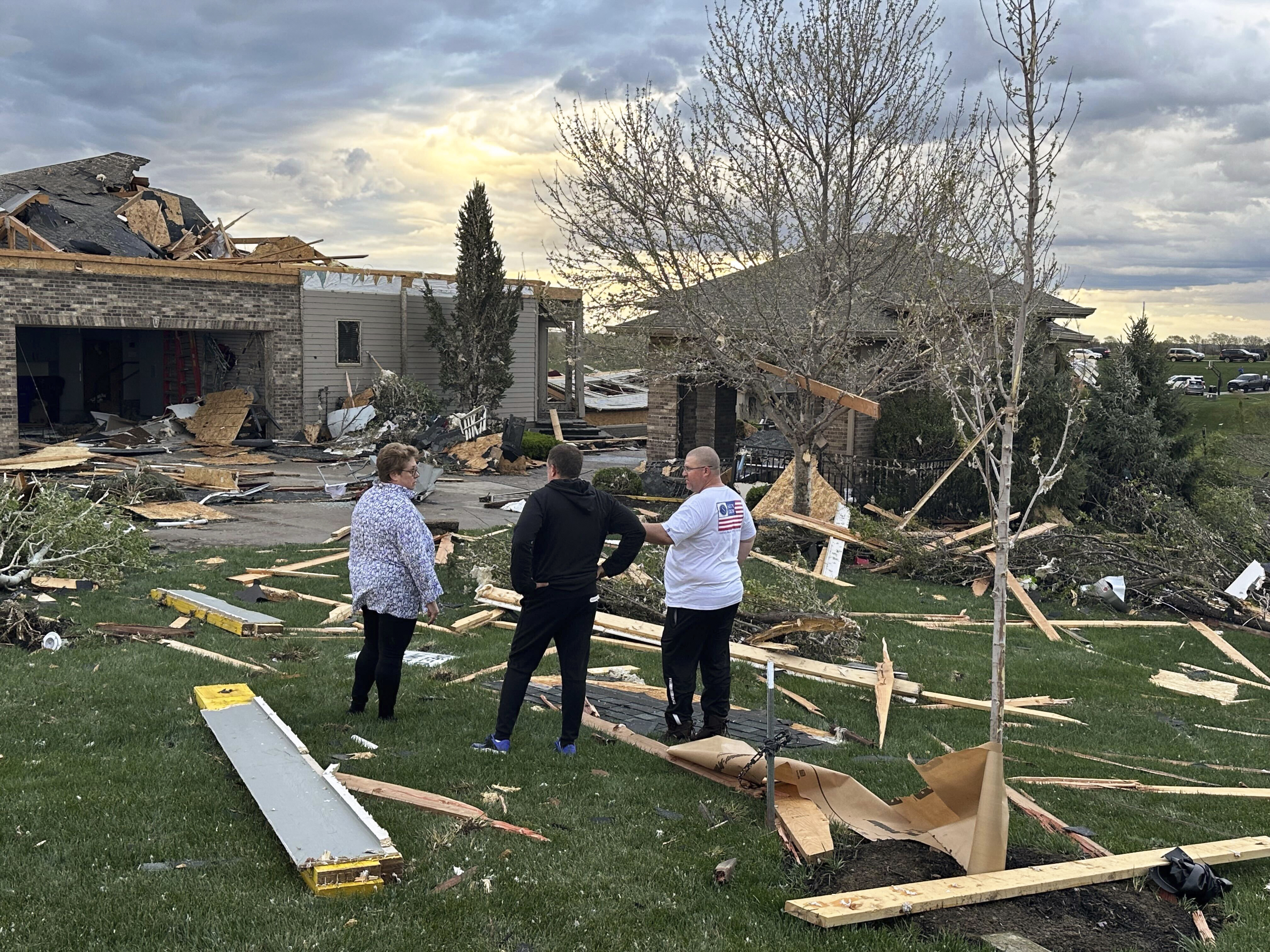
A judge will hear arguments Wednesday in a lawsuit opposing an asylum rule that is a key part of the Biden administration’s immigration policy. Critics say the rule endangers migrants trying to cross the southern border and is against the law, while the administration argues that it encourages migrants to use lawful pathways into the U.S. and prevents chaos at the southern border.
The new rule took effect May 11 with the expiration of a COVID-19 restriction known as Title 42 that had limited asylum seekers at the U.S.-Mexico border. The new rule makes it extremely difficult for migrants who come directly to the southern border to get asylum unless they use a government app to get an appointment or they’ve already tried to seek protection in another country before coming to the U.S. It includes room for exceptions and would not apply to children traveling alone.
The lawsuit threatens to undermine a key tool that President Joe Biden's administration has relied on to manage immigration as congressional Republicans attack the administration for what they say is a failure to control the roughly 2,000-mile (3,220-kilometer) border with Mexico. Republicans see immigration as a key issue in next year's presidential election.
Get Southern California news, weather forecasts and entertainment stories to your inbox. Sign up for NBC LA newsletters.
A group of immigrant rights organizations that sued argues the new rule violates immigration law that allows people to seek asylum wherever they arrive on the border. The groups argue that it forces migrants to seek protection in countries that don't have the same robust asylum system and human rights protections as the United States and leaves them in a dangerous limbo.
“The rule is already inflicting untold suffering on thousands of asylum seekers, who are either being deported to persecution or stranded in Mexican states where migrants face horrific and pervasive violence,” the groups argue in court filings.
They also argue that the CBP One app that the government wants migrants to use to set up appointments is faulty. It doesn't have enough appointments and isn't available in enough languages, they argue.
U.S. & World
News from around the country and around the globe
Also, opponents say the Biden rule is essentially a rehash of efforts by President Donald Trump to limit immigration at the southern border. A federal appeals court prevented those similar but stricter measures from taking effect.
The Biden administration has argued that the asylum rule is not a rehash of Trump's efforts but part of an overall strategy that provides a way into the U.S. for those who follow legal pathways and consequences for those who don't. They also argue that the new asylum rule was needed because it took effect when immigration numbers at the southern border were expected to skyrocket when Title 42's use went away. And, they say, the strategy is working. The number of border crossings peaked ahead of the end of Title 42 and then fell.
As for legal pathways, the government points to a program it created in January that allows 30,000 people a month to enter the country from Cuba, Nicaragua, Haiti and Venezuela if they have a sponsor and fly into an airport. Advocates for immigrants note that program covers only four countries.
Separately, Republican-aligned states are suing over that January program. A trial is slated for late August.



